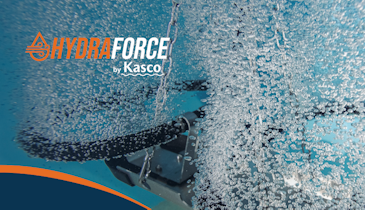Los Angeles, California, Mayor Eric Garcetti recently announced a new goal for the city to recycle 100 percent of its wastewater by 2035 — a plan he says would cost $2 billion. Garcetti announced the plan on Twitter:
BIG NEWS: Today I’m announcing that @LACity will recycle 100%...News Briefs: Los Angeles Aims to Recycle All Its Water By 2035
Also in this week's water and wastewater news, Austin (Texas) Water officials say a solution to the city's malodorous water problems caused by zebra mussels is still 18 months away
Popular Stories
Discussion
Comments on this site are submitted by users and are not endorsed by nor do they reflect the views or opinions of COLE Publishing, Inc. Comments are moderated before being posted.





